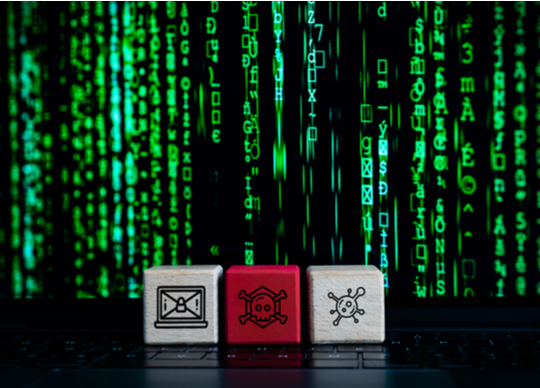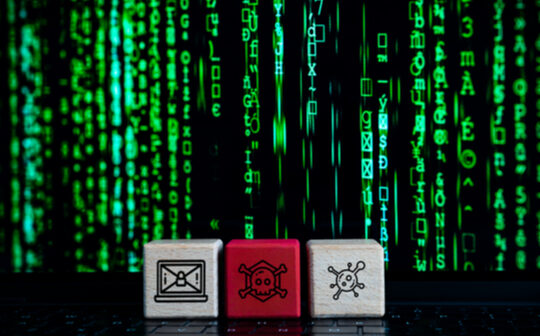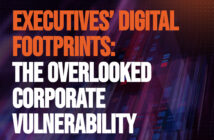
A challenging worldwide geopolitical environment exacerbated by the COVID-19 pandemic—and, since February 2022, the Ukraine-Russia conflict—has gifted cyberattackers an uneven playing field, says GlobalData.
The company notes that state-sponsored attacks are a significant risk, and such high threats are contributing towards increased spend on cybersecurity, with the global cybersecurity industry set to grow from $125.5 billion in 2020 to $198 billion in 2025.
David Bicknell, Analyst on the Thematic Research team at GlobalData, comments: “The last few years have shown that no one, not even specialist cybersecurity providers themselves, is safe from attack. Cyberattacks are frequent and increasingly complex, typically perpetrated by those furthering a geopolitical cause or attackers intent on making money. Companies manage an array of assets, including infrastructure, applications, endpoints, mobile devices, and cloud services, all of which are under threat.
GlobalData’s latest report, ‘Thematic Research: Cybersecurity’, identifies different types of cyber criminal. The report explains that those that are not after money are often motivated by revenge—typically a disgruntled employee or disaffected customer. Other threat actors include ‘hacktivists’ trying to gain attention for their cause, terrorists intent on damaging critical national infrastructure, or nation states using cyber warfare against other countries.

Bicknell continues: “Maintaining the security of IT systems is a constant struggle for organizations of all types. New vulnerabilities can be uncovered at any time, and there is always the worry of an insider attack. Complex ransomware and supply chain threats will continue in the near future. The fallout from the widespread shift to remote working has not gone away. That threat is here to stay.
GlobalData’s report also highlights that securing hybrid working, coping with ransomware and continuing supply chain threats, and moving to a new zero-trust security model, will drive strong growth in security spending over the next three years.
Bicknell adds: “Innovation will undoubtedly be needed to counter the continuously evolving cyberthreat landscape emerging from the Ukraine-Russia conflict. There is every likelihood that a cyberattack linked to the conflict will impact Western companies’ ability to function.
“The zero-trust security model, whose underlying principle is that no implicit trust is granted to you as a user just because you are behind the corporate firewall, is emerging as a long-term solution for organizations to data breaches. However, implementing it will take time.”






